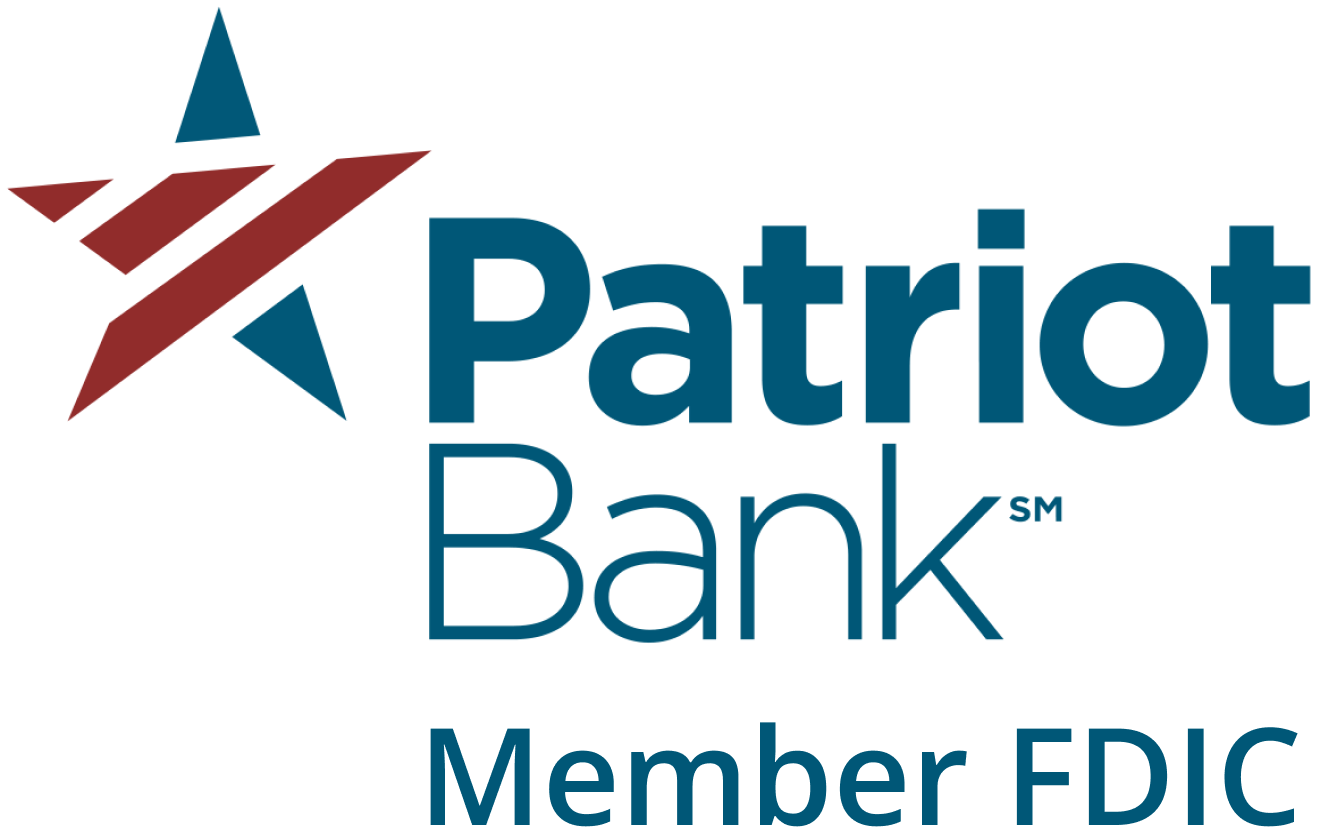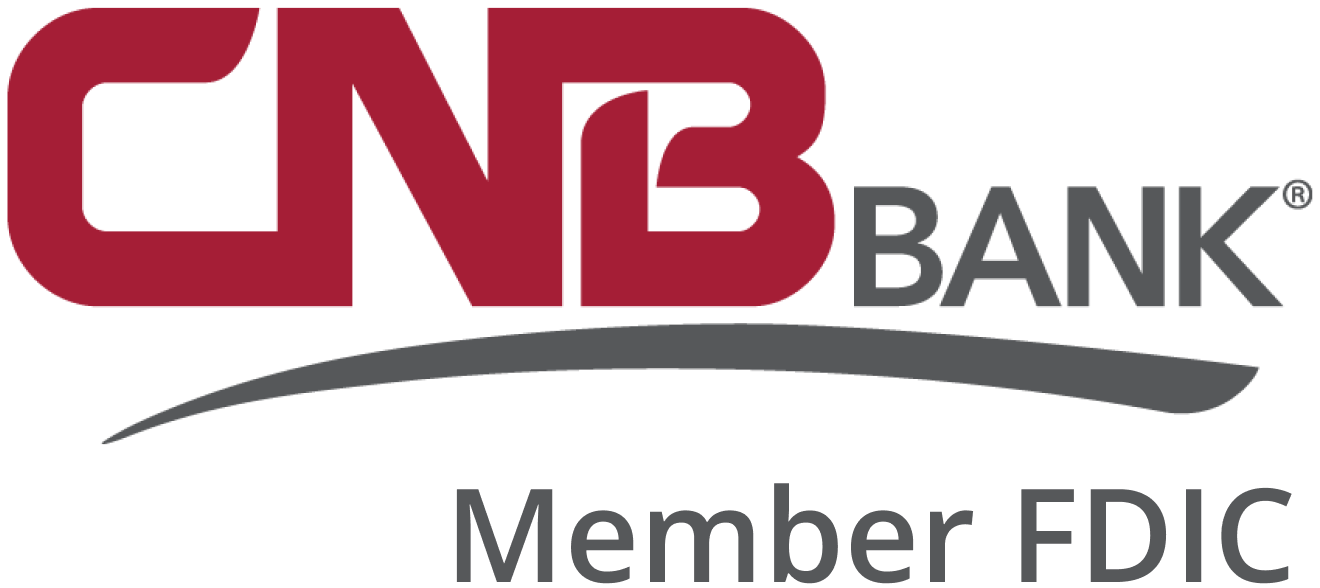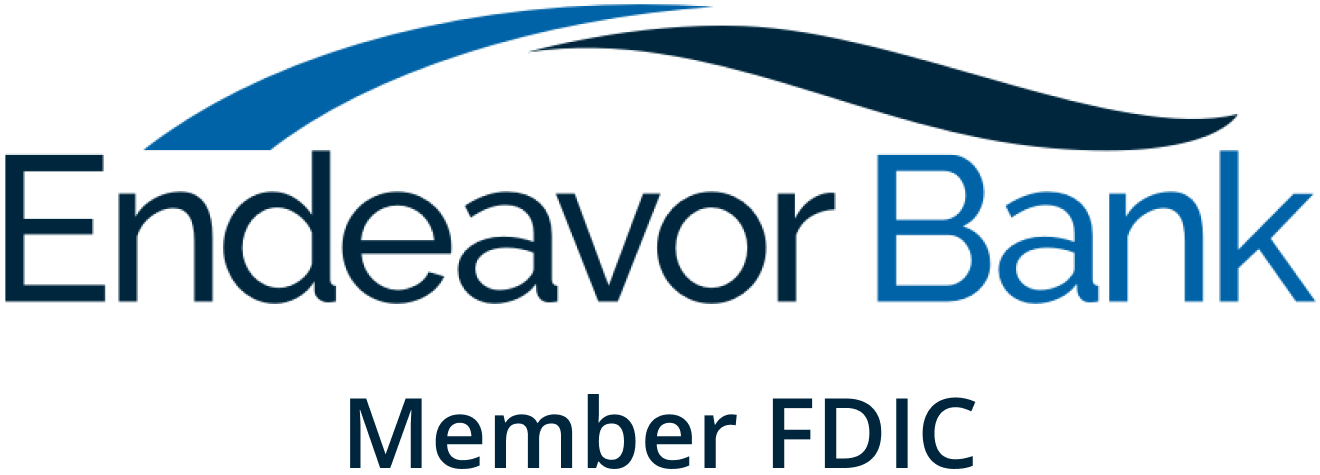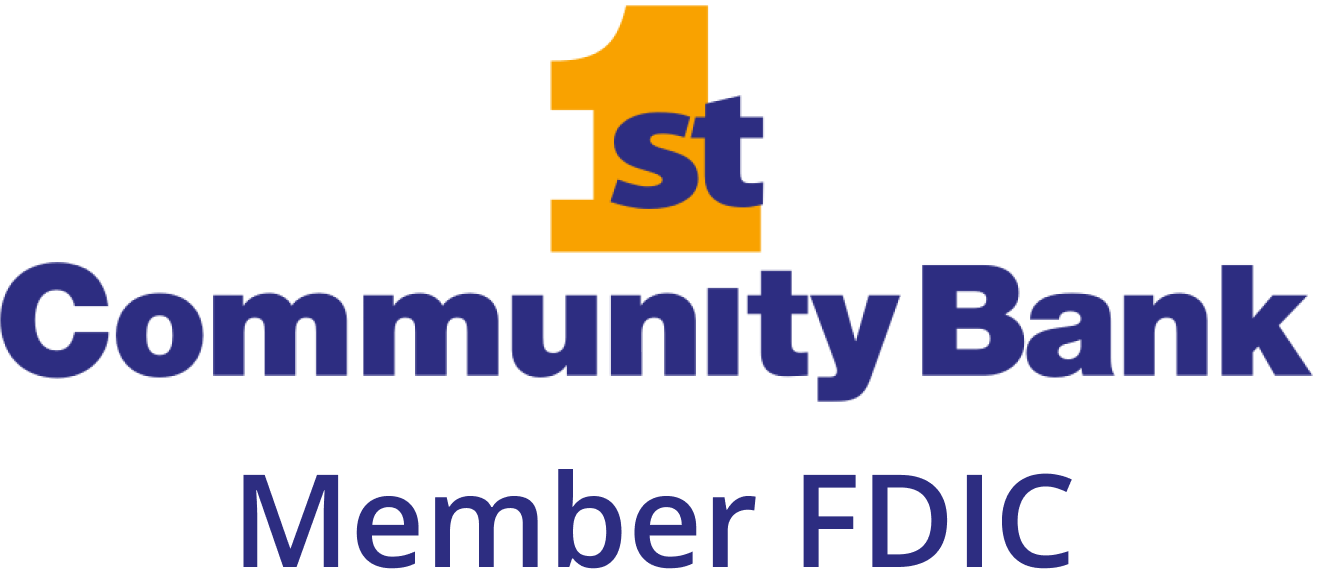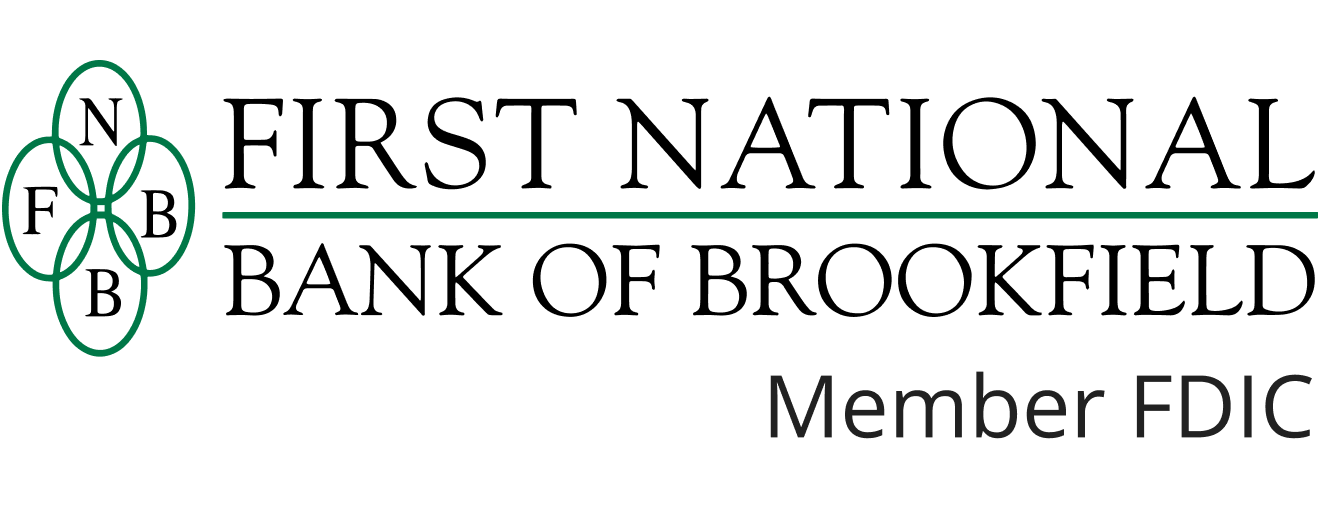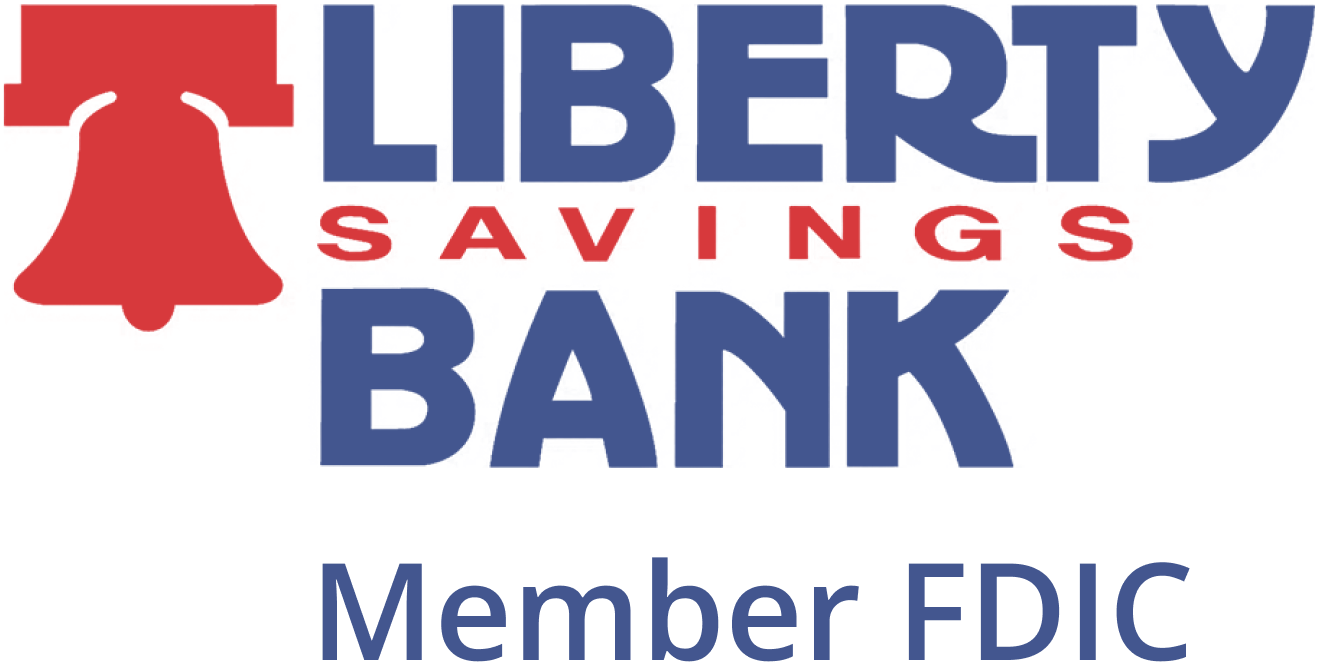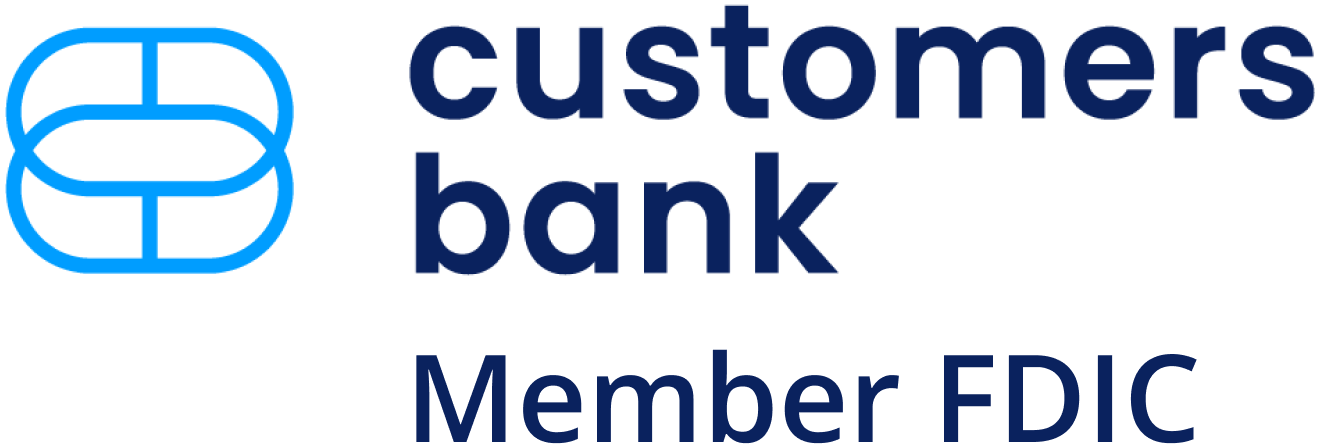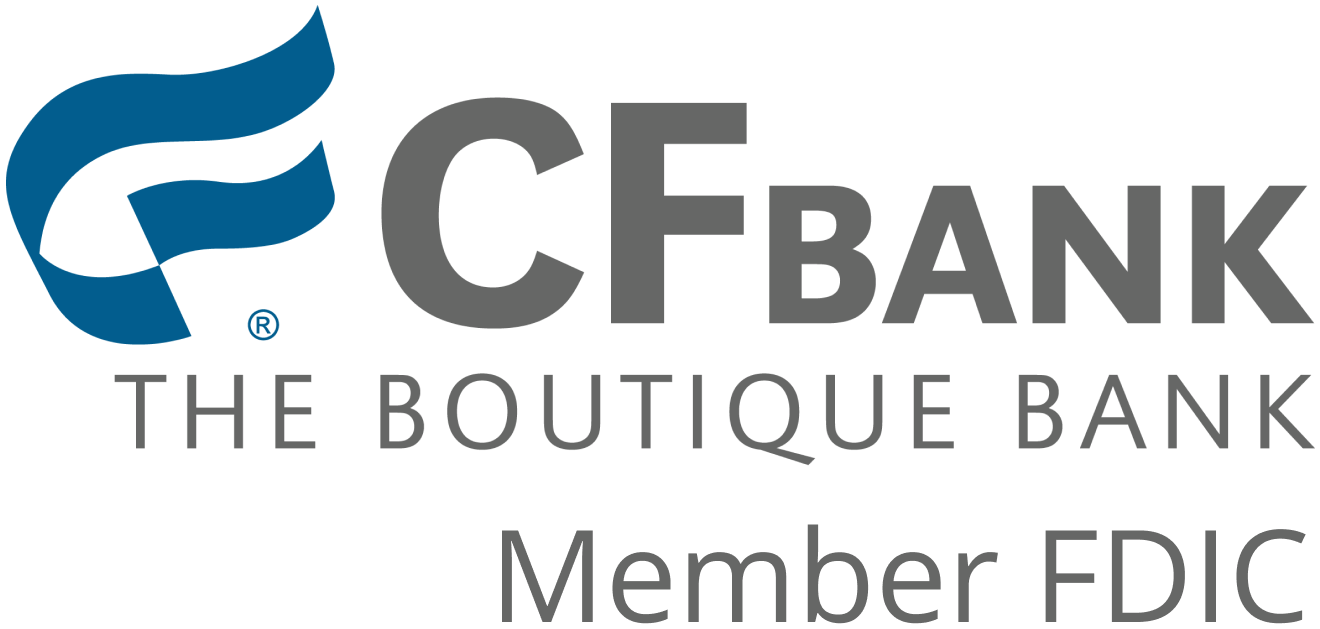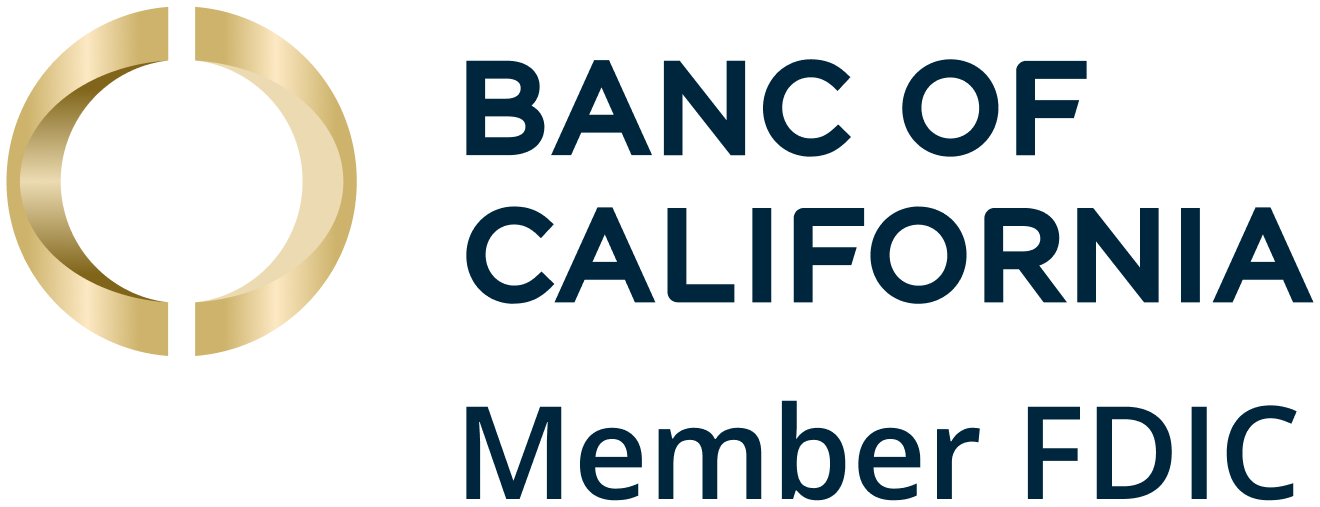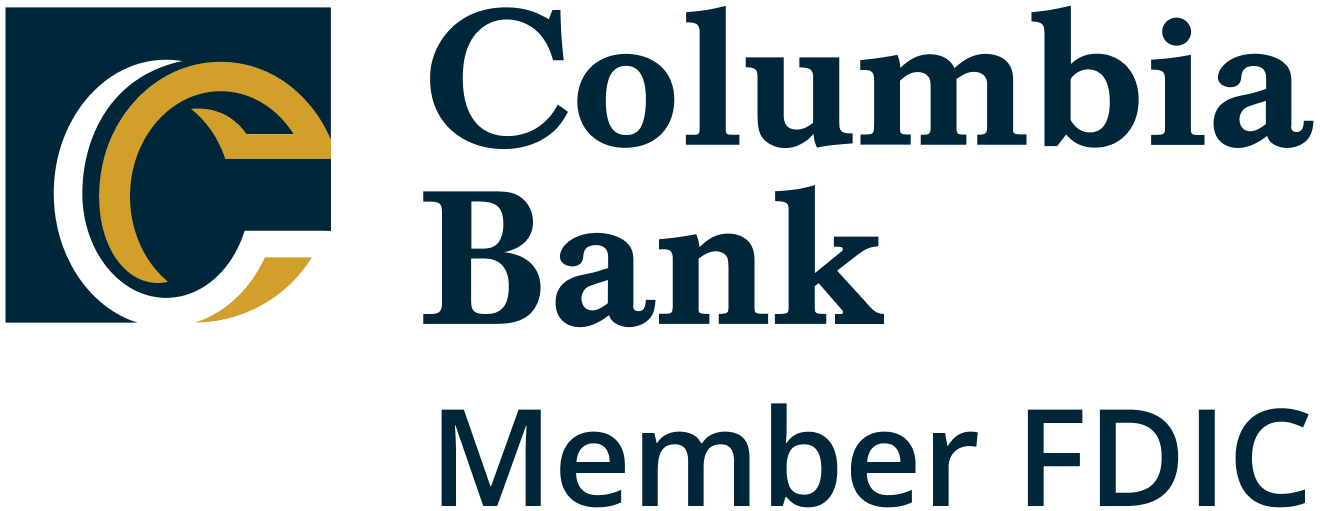Why it is important to save money: Benefits, strategies, and long-term peace of mind
Smart saving habits help build resilience, reduce stress, and set the foundation for long-term financial freedom.
The benefits of saving money: Saving helps regularly provide short-term security, avoid debt, and prepare you for unexpected expenses.
Saving for long-term goals: Long-term saving can support major goals like retirement, homeownership, and financial independence.
Build lasting habits: Small, consistent contributions paired with the right savings tools can grow into lasting financial stability.
Understanding the importance of saving money
Building a strong savings habit could bring more stability to your finances. Setting aside money regularly may help provide peace of mind while also supporting both short- and long-term financial goals. Even small, consistent contributions to a savings account might make it easier to stay on top of bills, avoid debt, and prepare for things like vacations or emergencies. In fact, 81% of Americans are already making saving a priority1 — showing that smart habits can make a difference, even when times are tight.
Understanding why saving money is important can help encourage you to adopt better savings habits. While your motivation for saving will primarily depend on your financial situation and goals, here are some reasons why people choose to set money aside:
Rising cost of living and economic volatility
Changes in the economy can put extra pressure on household budgets. As inflation drives up everyday expenses, many people may have to rethink their spending habits just to keep up.
This shift shows how the rising cost of living and market volatility may create unpredictable financial situations that can, in turn, make traditional saving more difficult but also more crucial. That’s why saving money is important for smart planning and long-term financial stability.
Generational savings gaps and financial challenges
Generation Z (Gen Z) is showing strong motivation when it comes to improving their financial health — a recent Raisin study found that Gen Z is the most emotionally satisfied generation when it comes to saving, with 82% of Gen Z feeling good about the amount they’re saving — compared to just 67% of Millennials, 61% of Gen X, and 64% of Boomers.2
However, it may still be difficult to set aside money for emergencies. This may come down to several roadblocks many young adults face early on, including:
High levels of student debt limiting financial flexibility
Starting salaries that make it hard to build momentum with saving
Lack of access to strong financial education early in life
These savings challenges might push key milestones, like financial independence or homeownership, further down the road. Still, even small, steady efforts to save could lead to big benefits later. Building strong habits now may help unlock the long-term advantages of saving money in ways that grow with you as your life evolves.
Psychological advantages of having a savings habit
Knowing you’ve got money set aside might do more than just help with bills — it may contribute to overall mental well-being. When unexpected expenses pop up, having a cushion to rely on can ease worries and offer peace of mind. Knowing you have an emergency fund set aside might help reduce financial stress and anxiety, thanks to that added sense of financial control.
Over time, building these habits could support greater financial confidence and emotional resilience, especially in unpredictable situations.
Benefits of having a savings plan
Over time, a savings plan doesn’t just help ease short-term stress in times of an emergency; it may also contribute to long-term wealth building and retirement planning and reduce the need for taking on new debt.
Let’s explore some of the lasting benefits of saving money in today’s financial landscape.
Short-term security and peace of mind with an emergency fund
Life can throw unexpected costs your way, and quick access to cash may help you stay in control. Setting aside funds for surprise expenses might offer a valuable financial safety net, especially during times of unpredictable events such as:
Job layoffs that reduce or eliminate your source of income
Unplanned medical expenses
Urgent home or auto repairs
Proactive emergency savings planning could lower stress by helping you manage these situations without turning to high-interest debt.
Building an emergency fund could be a smart first step toward financial security — ideally with enough to cover three to six months of essential expenses. Raisin can help you get started building a financial safety net. High-yield savings products, like high-yield savings accounts, can help your money grow faster and give you easy access to your money during unexpected times. Explore account options, compare interest rates, and sign up today to start building your emergency savings.
Bank
Product
APY
New Raisin Users: 60-Day Rate Lock

mph.bank, a division of Liberty Savings Bank, F.S.B., Member FDIC
FDIC
High-Yield Savings Account
3.86%
$1,930.00

mph.bank, a division of Liberty Savings Bank, F.S.B., Member FDIC
FDIC
Money Market Deposit Account
3.76%
$1,880.00
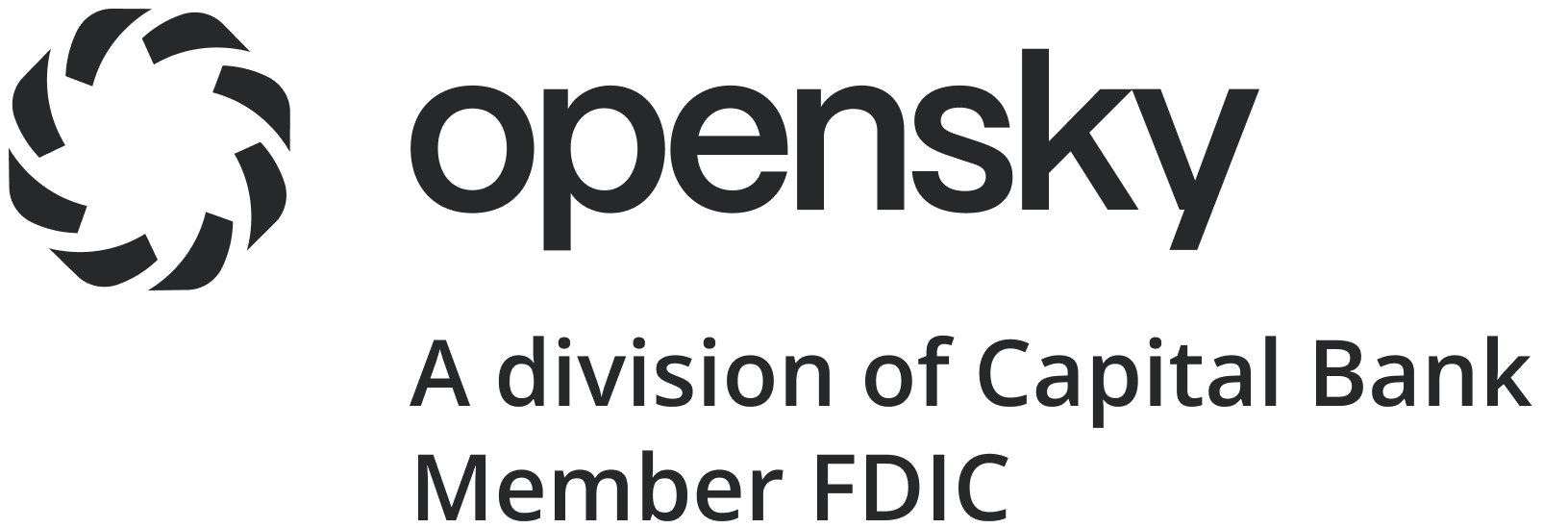
opensky, a division of Capital Bank, N.A., Member FDIC
FDIC
High-Yield Savings Account
3.67%
$1,835.00

Adda Bank, a division of Southwest Heritage Bank, Member FDIC
FDIC
High-Yield Savings Account
3.50%
$1,750.00

Paprika Capital Bank, a division of Tradition Capital Bank, Member FDIC
FDIC
High-Yield Savings Account
3.45%
$1,725.00

HealthcareBank, a division of Bell Bank, Member FDIC
FDIC
Money Market Deposit Account
3.40%
$1,700.00
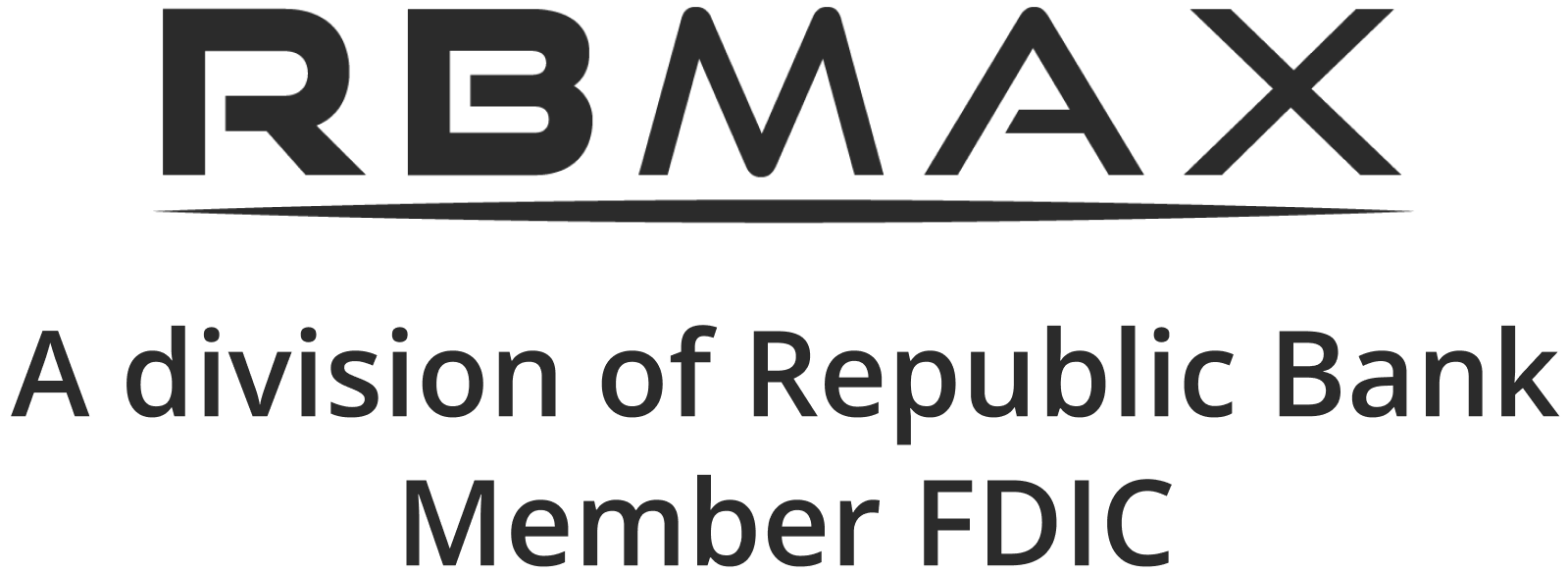
RBMAX, a division of Republic Bank, Member FDIC
FDIC
High-Yield Savings Account
3.15%
$1,575.00
Raisin is not an FDIC-insured bank or NCUA-insured credit union and does not hold any customer funds. FDIC deposit insurance covers the failure of an insured bank and NCUA deposit insurance coverage covers the failure of an insured credit union.
Long-term planning: retirement and lifestyle goals
Looking beyond day-to-day needs, your long-term savings goals, like planning for retirement, buying a home, or covering education costs, might be more achievable if you build in time and consistency. Regular contributions could help you grow the kind of financial stability that supports freedom and flexibility later on.
Having a nest egg might also support your financial independence and prepare you for big moments down the road. Getting started can feel overwhelming, but Raisin can help connect your goals with high-yield options that align with your long-term vision. Products like certificates of deposit (CDs) can help you set aside cash to help reach your longer-term goals. Saving now might pay off in the future, and that’s one of the lasting advantages of saving money.
Saving strategies to get started
While you might have your own unique reason for saving, getting started is one of the most important steps. One simple way to start building a savings habit could be by setting up a tailored saving strategy that fits your goals and needs.
Here are some ways to help you get started:
How much should I save each month? Budgeting techniques for better saving
Not everyone’s savings journey looks the same. While some suggest saving around 20% of your income (as part of the 50/30/20 rule), even smaller, steady amounts might strengthen long-term financial habits. What matters more is consistency and sticking to a plan that's realistic for your lifestyle. Setting SMART financial goals (Specific, Measurable, Achievable, Relevant, and Time-bound) can help you stay more structured and focused when trying to reach your savings goals.
Building that kind of routine may become easier with clear budgeting strategies focused on your actual income and expenses. Once saving becomes part of your financial habits, it may become more routine, and offer greater stability over time.
Utilizing high-yield savings accounts and CDs for your savings
If you're looking for stability without giving up growth potential, a high-yield savings account or a certificate of deposit could be worth exploring. They often offer higher interest than standard savings accounts, which can potentially help your money grow faster while keeping risk relatively low.
CDs typically lock in your funds for a fixed term and could reward you with even higher rates, while high-yield savings accounts might offer more flexibility for accessing your money.
Automating your savings process
Some habits are easier to stick with when they run automatically. In this case, savings automation might offer a big advantage. By setting up automatic transfers, you may reduce the chances of missing a deposit to your savings while strengthening your overall financial discipline.
This approach could make saving feel more effortless, even when life gets busy or spending patterns shift unexpectedly. Automating a recurring deposit could help you stay on track with your personal goals without needing to think about it every time.
Getting started with saving at Raisin
Understanding the importance of saving money can help you tailor your financial goals and pave your way to financial freedom. Once you've explored different methods and options to save, putting them into action could help build a steady savings habit that supports your financial goals.
Here is where Raisin can help you get started. With a single login, you can explore different account options that may support long-term growth. Sign up today and start maximizing your savings potential!
FAQs on why saving money is important
What are the benefits of saving money?
Saving money offers both short- and long-term advantages, from having funds available for emergencies to building wealth for retirement or lifestyle goals. It can also reduce financial stress and help you avoid relying on high-interest debt.
How can I start saving if I live paycheck to paycheck?
If you’re on a tight budget, some people find it helpful to start small by saving what they can, or setting up an automatic transfer right after payday. Over time, those consistent deposits add up, and as your income grows, you can increase your savings rate.
What’s a realistic savings goal for beginners?
A simple savings goal could be 20% of your income, but a starting strategy might mean starting smaller and building consistency based on what fits your personal budget.
Why should I start saving money at a young age?
The earlier you start saving, the more time your money has to grow thanks to compound interest. Even small contributions in your 20s can potentially help boost your retirement savings in the long run, giving you more flexibility and independence later in life.
The above article is intended to provide generalized financial information designed to educate a broad segment of the public; it does not give personalized tax, investment, legal, or other business and professional advice. Before taking any action, you should always seek the assistance of a professional who knows your particular situation for advice on taxes, your investments, the law, or any other business and professional matters that affect you and/or your business.
